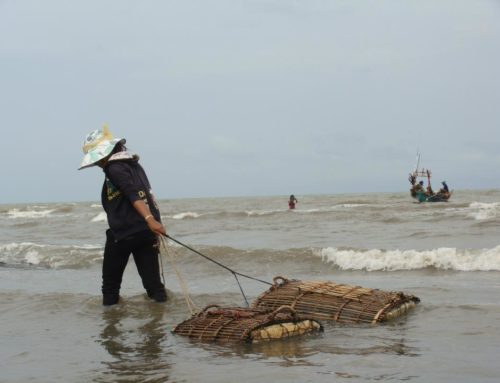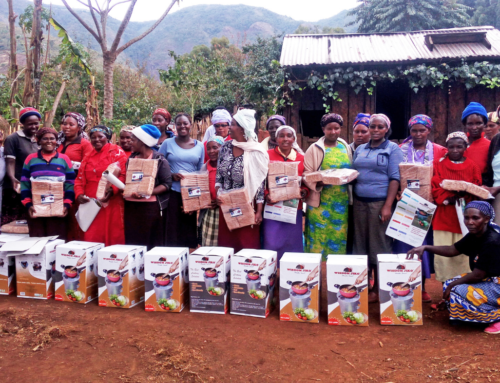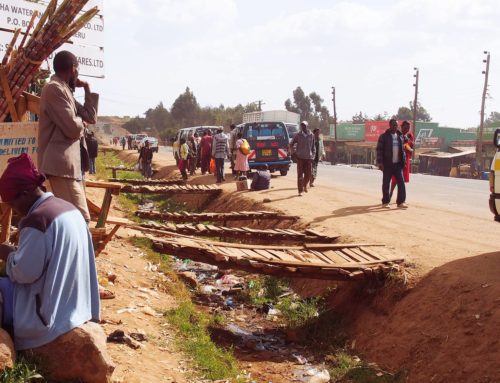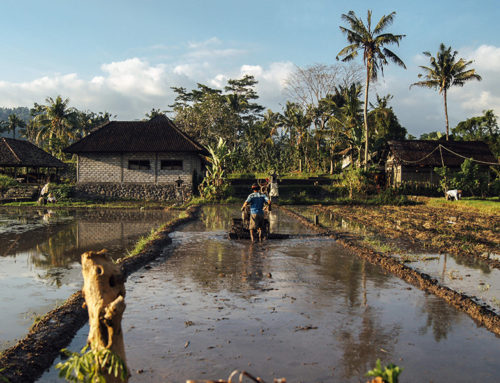[fusion_builder_container hundred_percent=”no” equal_height_columns=”no” menu_anchor=”” hide_on_mobile=”small-visibility,medium-visibility,large-visibility” class=”” id=”” background_color=”” background_image=”” background_position=”center center” background_repeat=”no-repeat” fade=”no” background_parallax=”none” parallax_speed=”0.3″ video_mp4=”” video_webm=”” video_ogv=”” video_url=”” video_aspect_ratio=”16:9″ video_loop=”yes” video_mute=”yes” overlay_color=”” video_preview_image=”” border_size=”” border_color=”” border_style=”solid” padding_top=”” padding_bottom=”” padding_left=”” padding_right=””][fusion_builder_row][fusion_builder_column type=”1_1″ layout=”1_1″ spacing=”yes” center_content=”no” link=”” target=”_self” min_height=”” hide_on_mobile=”small-visibility,medium-visibility,large-visibility” class=”” id=”” background_color=”” background_image=”” background_position=”left top” undefined=”” background_repeat=”no-repeat” hover_type=”none” border_size=”” border_color=”” border_style=”solid” border_position=”left” padding_top=”10″ padding_right=”70″ padding_bottom=”10″ padding_left=”10″ margin_top=”10px” margin_bottom=”10px” animation_type=”” animation_direction=”left” animation_speed=”0.3″ animation_offset=”” last=”no”][fusion_text]
European Development Days 2018 Spotlights Women Empowerment and Sustainable Development
By Marihah Idroos, Aktivera. 12th June 2018.
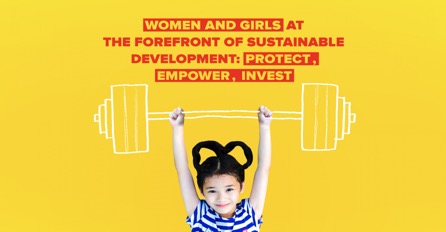
Photo Credit: European Development Days 2018
With almost 6000 participants in Brussels, Belgium on the 5th and 6th of June, the European Development Days organized by the European Commission, was heated with the energy of all those present. The focus of this year’s conference was ‘Women and girls at the forefront of sustainable development.’ The conference aimed to highlight the barriers, and discuss policies and financial solutions that would boost the economic empowerment of women to drive communities out of poverty.
To set the stage for open conversations, the panelists comprised young leaders in development from across the world, members from the European Investment Bank and International Organizations like the UN, and political figures from Africa and Europe, including the Crown Princess of Denmark.
“Women are the most vulnerable to climate change, but they’re also the solution to climate change,” said Shah Chowdhury, a young leader and the founder of Footsteps in Bangladesh. The organization works to increase access to safe drinking water for all citizens. In the face of climate change, the conference emphasized the increasing need to invest in the health, safety, economic, and social aspects of women. The message was widely spread using the hashtag #SheisWe bringing to everyone’s attention that women and girls are vital agents of change towards a better future.
Many sessions addressed the achievements of women entrepreneurs in challenging environments. Koen Doen of DEVCO noted that “Jobs and investments are on the rise more than ever before in the developing world and women entrepreneurs are up by 10% globally with Sub Saharan African women taking the lead.” Yet, many of these women face a bottleneck when making decisions to take their business forward. Nafy Diagnes, founder of Awalebiz from Senegal, spoke of her e-commerce business to emphasize the importance of collaborating with the private sector. Awalebiz is the first global, multi-vendor e-commerce platform that promotes over 50 African artists and brands from 10 countries, and aims to stimulate sustainable development in Africa. She stated that after the usual market fairs women don’t have much hope to expand their businesses. This inspired her to create an online marketplace to reach the larger community. She now delivers organic African cosmetics, accessories, clothing, and agricultural products, to Japan, France and around the world, thanks to her partnership with DHL that enables her to trade anywhere. H.E. Josefa Leonel Correia Sacio, Commissioner for Rural Economy and Agriculture in the African Union Commission mentioned that “Agribusiness is a modern model for business for women to embark on.” Agriculture is a largely feminized social business where the women focus on improving the lives of their children and households. To make progress, Her Excellency stated that she looks forward to more collaborations with the EU and Africa towards enabling renewable infrastructure, and credit facilities to improve the lives of women, and for a sustainable future.
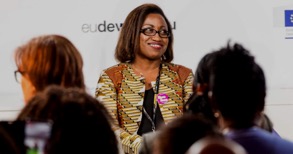
Photo Credit: The Africa – EU Partnership
Nafy Diagnes, Founder of Awalebiz at the EU-Africa Business Forum Event at the European Development Days 2018
Panelists also addressed the fact that since the Paris Agreement in 2016, there has been more acceptance in the financial world regarding gender agendas. All major international environmental agreements too have more gender mandates compared to 10 years ago, including organizations such as the UNFCCC, and the UNEP. Jonathan Taylor speaking for the European Investment Bank (EIB) stated that “The bank aims to lend with regard to a policy action that ties in with the SDGs including climate action, and its negative impacts that hit the most vulnerable. So we need to harness and power women and girls.” He also disclosed that there are now guidelines in place to develop gender strategies for all current, and future projects of the European Union, such as in the development of a metro system in Bangladesh. EIB’s gender strategy, for example, focuses on three main aspects. To protect, impact, and invest. Investments in infrastructure with a gender agenda could improve the attendance of girls in schools due to increase in safety, and increase access to markets and job opportunities for women, reshaping the status quo in developing countries.
The session on ‘Innovation and Sustainable Agriculture – Tools to Bridge the Gender Gap’ hosted by the OCP Group and Women in Africa, highlighted that women are seen as the entry point for farming, and stressed the need for subsidies to drive the green revolution in Africa in the light of the new EU Budget for 2021-2017. Participants also made requests for the EU to set up more smallholder business funds to build pathways to assist women entrepreneurs in expanding their businesses. Nafy of Awalebiz stated that while most microfinance banks propose very small funds, initiatives carried out by the African Enterprise Challenge Fund mobilized $50 million to fund women’s projects together with technical assistance, achieving a success rate of 90%. Shah Chowdhury, founder of Footsteps also advocated for a change in the distribution of funds as most of the money is directed towards the larger international development organizations, rather than to the grass root organizations. Likewise, panelists and audience members raised the need for a prompt shift from microfinance for women, to financing women’s business development initiatives through blended finance schemes. “Women face the highest level of risks when taking on business initiatives like losing everything, from their assets to their families” stated Yvonne Faye, CEO of Energie R in Senegal, highlighting the importance of supporting women through capacity building, financial training, and risk sharing initiatives.
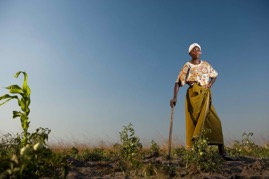
Photo credit: Women in AgriBusiness, Mutesi
Many conversations eventually led to the importance of the renewable energy sector in bringing about more opportunities for rural women. However, it was emphasized that the private sector and governments would need to collaborate on establishing infrastructure, and credit facilities to support the women in this new sphere. At Aktivera, working in the green energy sector and promoting solar for productive use technologies such as solar water pumps as an opportunity for those at the bottom of the pyramid to scale up, we’ve seen the increasing need for new frameworks that support women. According to the World Bank, the agricultural sector’s expected value by 2030 in Africa is $1 trillion, potentially creating 17 million jobs. If so, policies coupled with the optimal financial strategies for women would not just change their lives but could transform the continent’s economy as a whole.
“It is correct that we need urgent action, but the issue of financing is going to be a big hurdle in order for women to participate as time is not on our side.” – Minister of Irrigation, South Sudan.
[/fusion_text][/fusion_builder_column][/fusion_builder_row][/fusion_builder_container]


